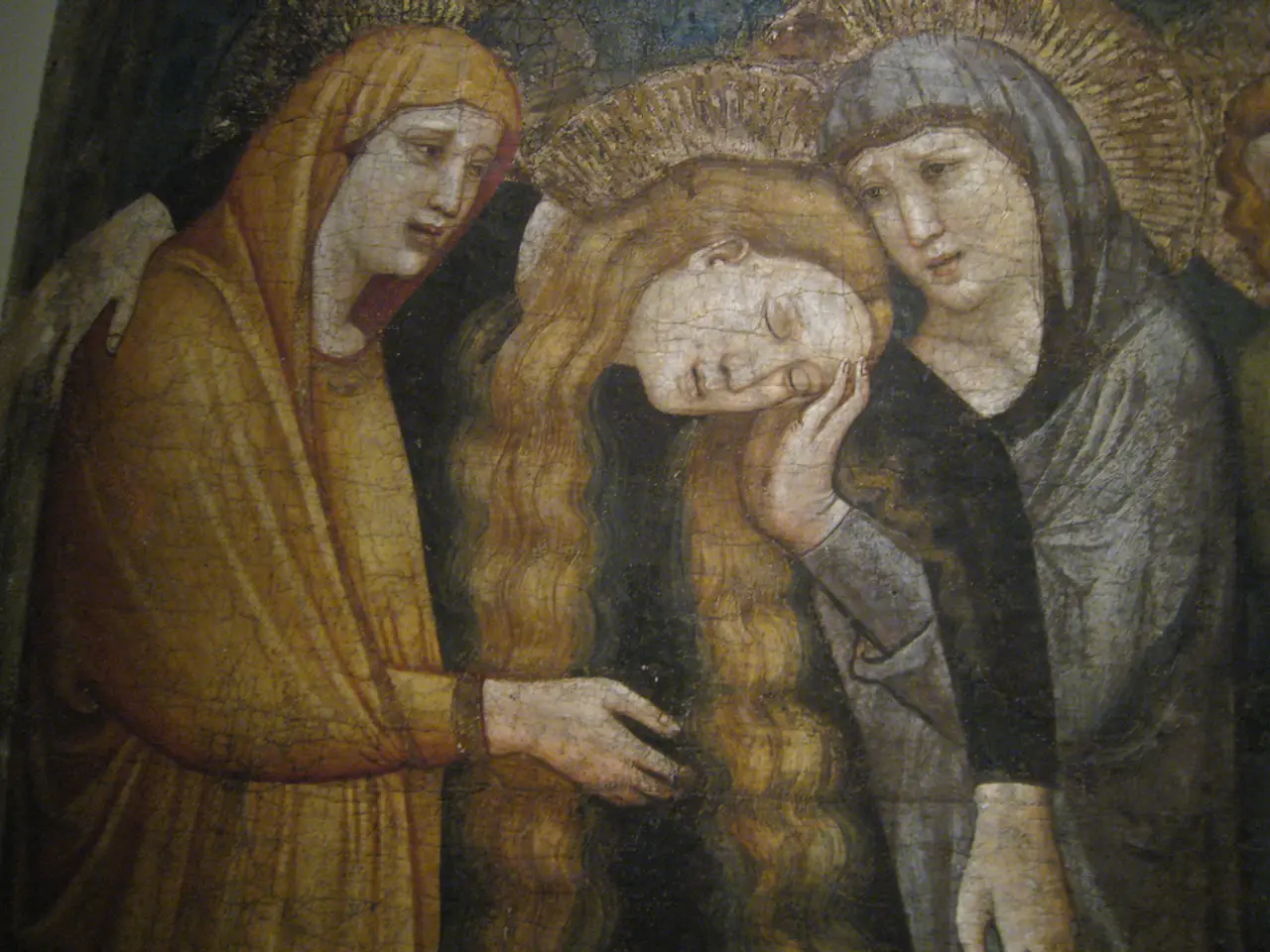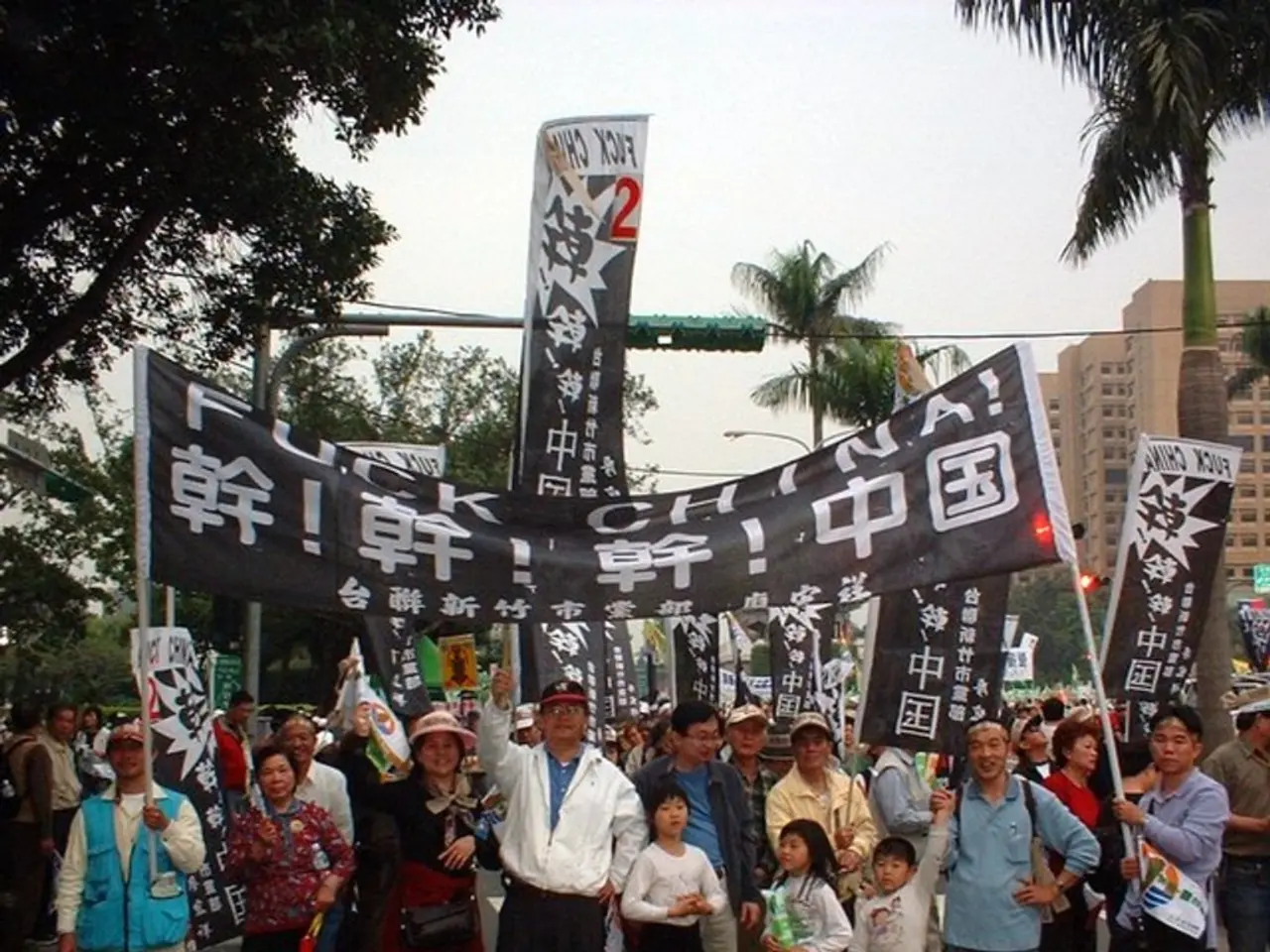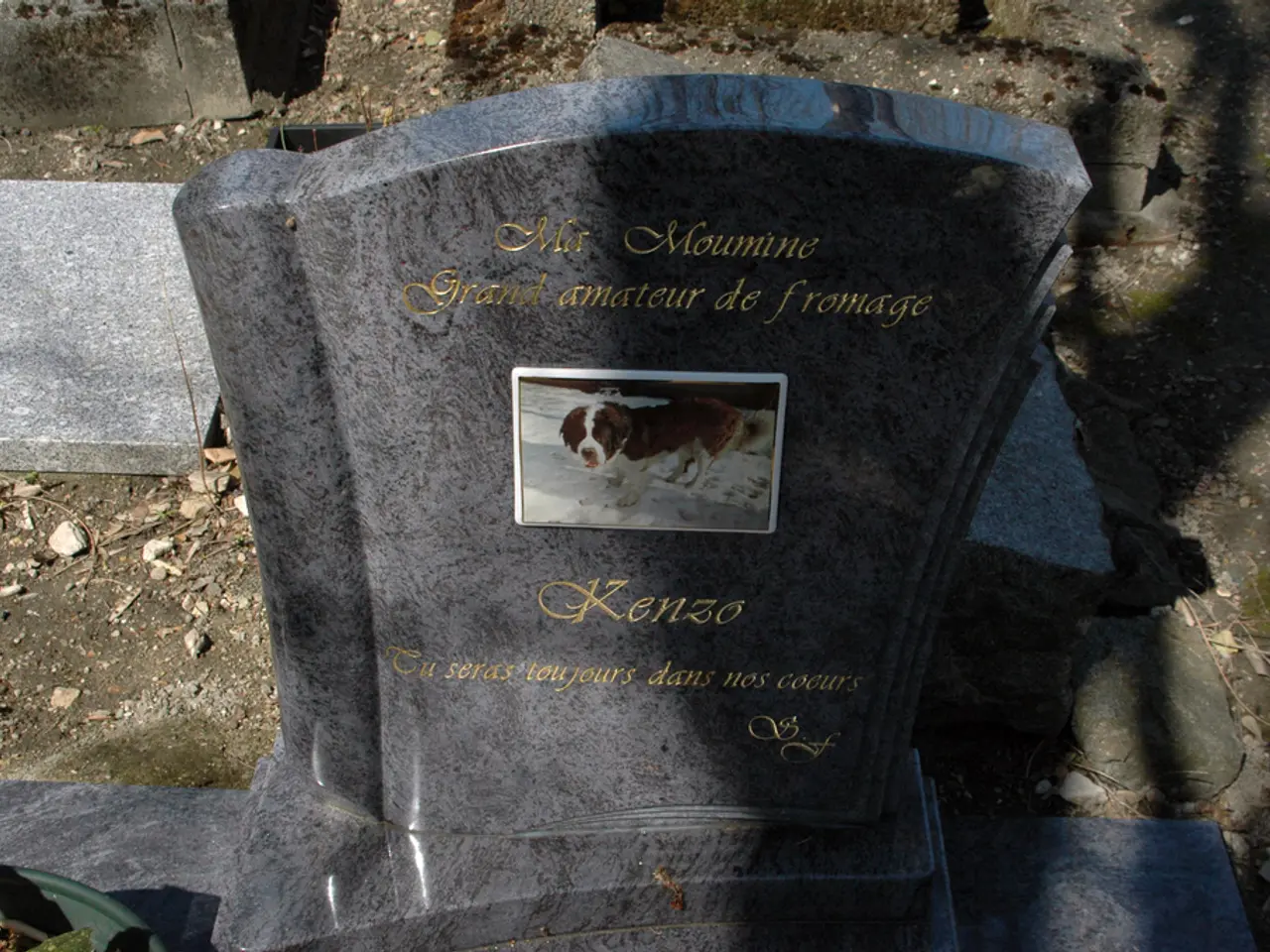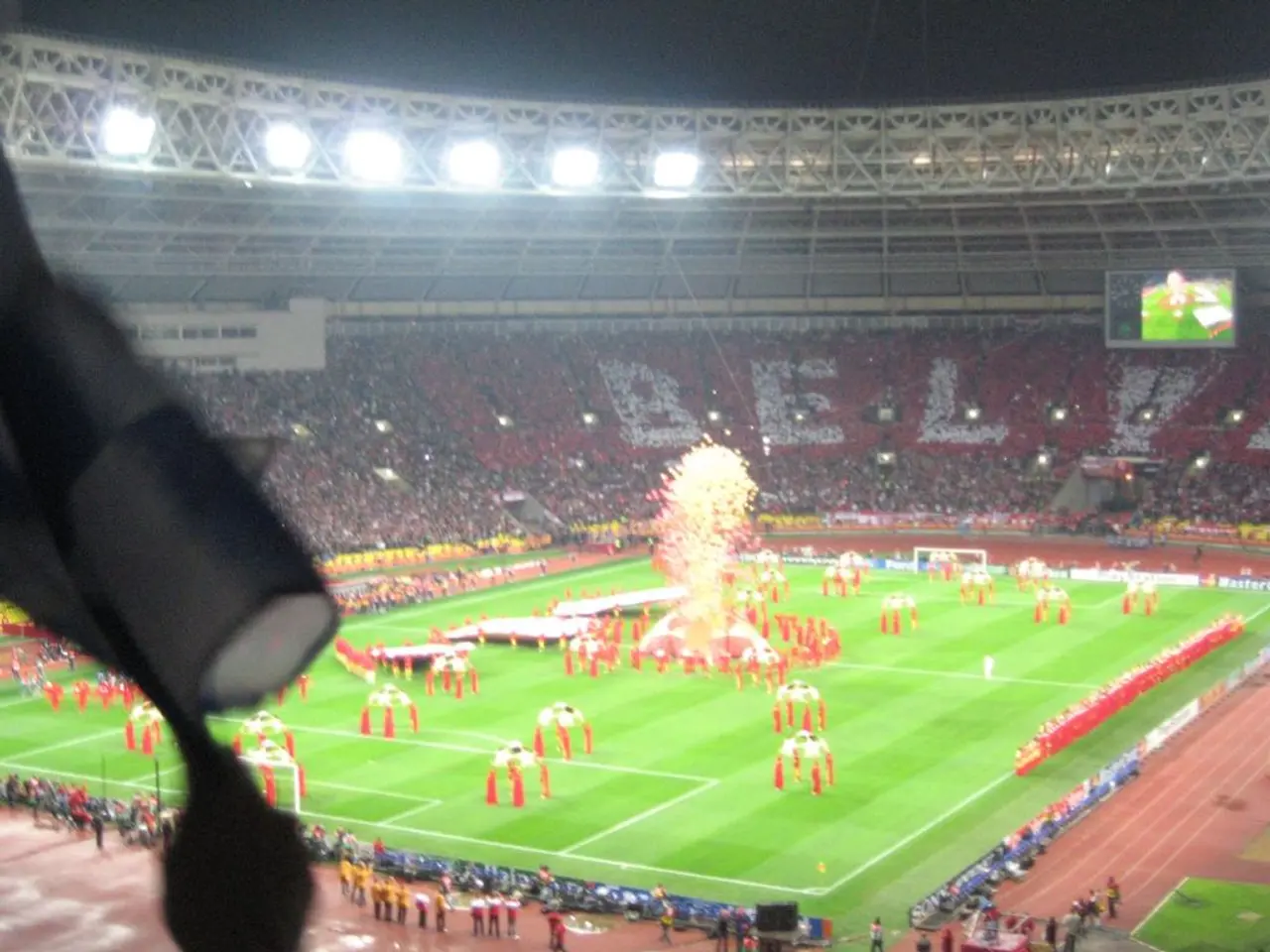U.S. Senator John Fetterman Introduces Legislation to Extend Anti-Money Laundering Regulations to the American Art Market
The Art Market Integrity Act, a bipartisan U.S. legislation, is proposed to bring the U.S. art market under anti-money-laundering (AML) and counter-terrorism financing (CTF) protections. This move aims to close regulatory gaps exploited by criminals for money laundering, sanction evasion, asset concealment, and financing terrorism.
The bill, introduced by six bipartisan U.S. Senators, targets high-risk art market transactions, especially cross-border and high-value sales, while exempting artists and small businesses with under $50,000 in annual sales. The legislation is designed to bring the U.S. art market, the largest globally, closer in line with existing AML frameworks in Europe, the UK, Switzerland, China, and others.
If passed, the Art Market Integrity Act would extend the Bank Secrecy Act (BSA) AML/CTF compliance obligations to art dealers and auction houses operating in the U.S., subjecting them to identity checks, transaction monitoring, and recordkeeping similar to financial institutions. This would enhance transparency and integrity, helping to prevent fraud and protect consumers, investors, museums, and dealers alike.
The bill would deter illicit financial activity conducted through art sales, such as laundering dirty money, financing terrorism, and evading sanctions. It would also address a significant regulatory asymmetry since the U.S. art market has remained largely unregulated under financial crime laws, despite its global dominance and growing role in the domestic economy.
Participants in large cross-border art deals could face increased compliance burdens, including due diligence and monitoring requirements, which may reshape how high-value art transactions are conducted in the U.S.
The Art Market Integrity Act has received endorsements from various organizations including the Antiquities Coalition, Transparency International U.S., the FACT Coalition, FDD Action, the American Jewish Committee, Razom for Ukraine, American Coalition for Ukraine, the Initiative for the Recovery of Venezuelan Assets (INRAV), the National Border Patrol Council, and the Federal Law Enforcement Officers Association (FLEOA).
The bill's lead author is Senator John Fetterman (D-PA). It does not contain specific language regarding furniture or antiques. However, it does not apply to applied art such as product design, fashion design, architectural design, or interior design; or mass-produced decorative art, including ceramics, textiles, or carpets.
Notably, Russian construction billionaires Arkady and Boris Rotenberg were able to purchase $18 million in art despite US sanctions imposed in 2014, highlighting the need for such legislation.
Erin Thompson, a professor of art crime at the John Jay College of Criminal Justice, expressed little hope for the proposed legislation due to the success major players have had in fighting every attempt to restrict their profits. Despite this, the Art Market Integrity Act represents a significant step towards combating money laundering and terrorism financing in the U.S. art market.
- The Art Market Integrity Act, introduced by six bipartisan U.S. Senators, aims to bring the U.S. art market under AML and CTF protections, targeting high-risk transactions and closing regulatory gaps.
- If passed, the legislation would extend AML/CTF compliance obligations to art dealers and auction houses, subjecting them to identity checks, transaction monitoring, and recordkeeping similar to financial institutions.
- The bill would deter illicit financial activity through art sales, such as money laundering, financing terrorism, and evading sanctions, and address a significant regulatory asymmetry in the U.S. art market.
- participants in large cross-border art deals could face increased compliance burdens, including due diligence and monitoring requirements, reshaping high-value art transactions in the U.S.
- The bill has received endorsements from various organizations, including Transparency International U.S., the FACT Coalition, and the Federal Law Enforcement Officers Association (FLEOA), and is led by Senator John Fetterman (D-PA).
- Notably, Russian construction billionaires Arkady and Boris Rotenberg were able to purchase $18 million in art despite US sanctions imposed in 2014, underscoring the need for such legislation.
- The bill does not contain specific language regarding furniture or antiques, but it does not apply to applied art such as product design, fashion design, architectural design, or interior design, or mass-produced decorative art, including ceramics, textiles, or carpets.
- Erin Thompson, a professor of art crime at the John Jay College of Criminal Justice, expressed little hope for the proposed legislation due to the success major players have had in fighting every attempt to restrict their profits, but it represents a significant step towards combating money laundering and terrorism financing in the U.S. art market.







